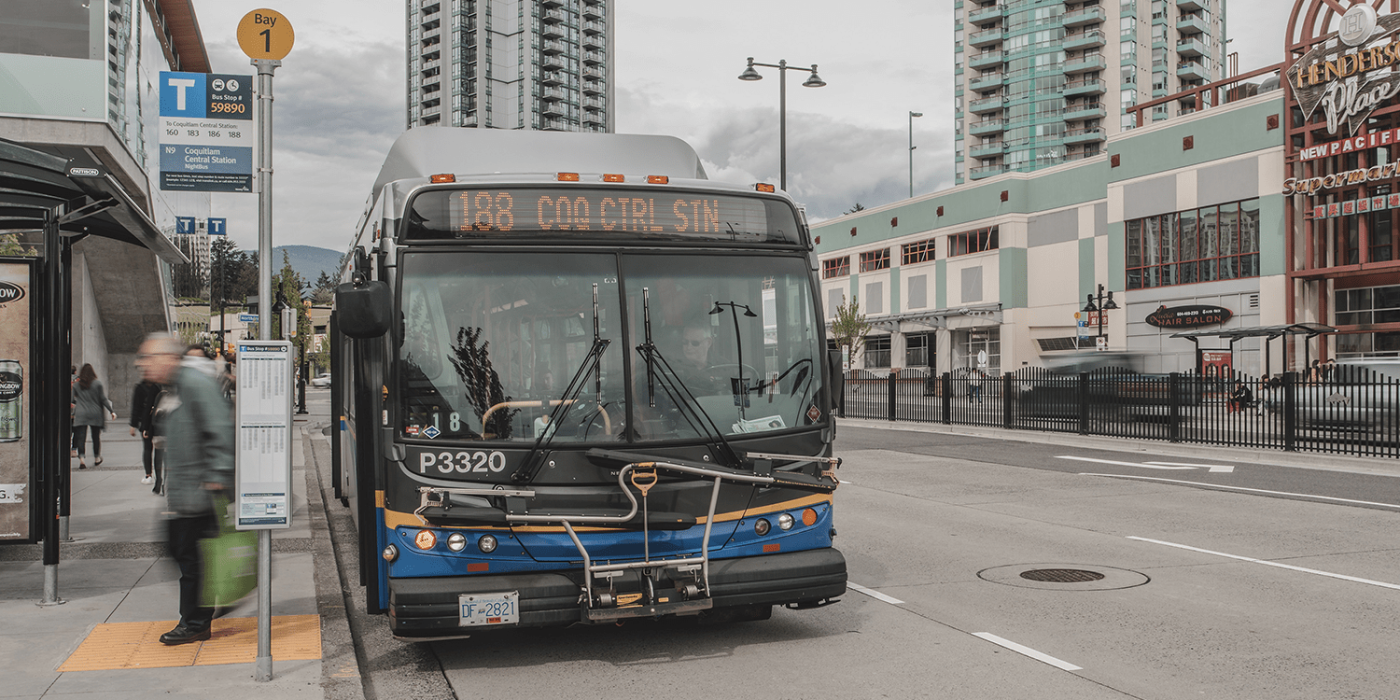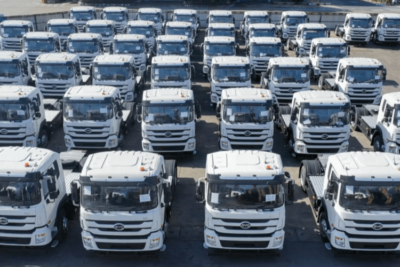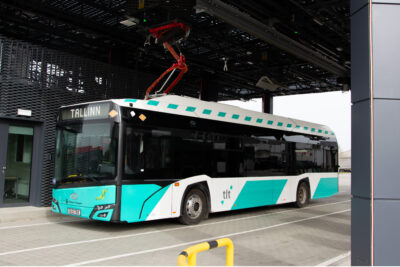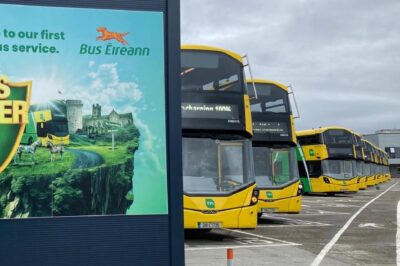TransLink details fleet decarbonisation in British Columbia
TransLink, which oversees public transport in Greater Vancouver, Canada, says it wants to “rapidly expand” its electric bus fleet over the next three years. The announcement is part of the company’s latest Climate Action Plan, which includes adding nearly 500 e-buses by 2030.
As for the shorter term, the rapid expansion will be rapid since TransLink targets adding 155 electric buses to the current fleet of no more than four by late 2025. By 2030, the company wants to add over 460 battery-electric buses to the transit system in British Columbia and reach zero emissions in all bus operations by 2040.
This plan will also see the company install charging infrastructure. TransLink lists designing and constructing the new Marpole Transit Centre by 2027 to serve 350 battery-electric buses. The plans also include renovating the Hamilton, Port Coquitlam, and Burnaby transit centres to charge and store battery-electric buses.
For the most recent fleet increase, TransLink in an email said it has secured funding from the Federal Gas Tax to order 57 more battery-electric buses as well as supporting charging infrastructure. Contracts have not yet been awarded to suppliers for the buses or the supporting charging infrastructure, so the spokesperson.
TransLink is reportedly expecting NovaBus, Volvo’s North American subsidiary, to deliver 15 new e-buses to join the other four shortly. Two buses are New Flyer EVs.
TransLink adopted its first-ever Climate Action Strategy in January of this year, putting the transportation authority on the path to net-zero emissions by 2050 and a 45 per cent reduction in greenhouse gases by 2030. However, plans to decarbonise the bus fleets reportedly surfaced in February 2020, when the company was looking for financing from the Vancouver government.
“While only one per cent of greenhouse gas emissions comes from public transit, we know it’s important to do our part to combat climate change,” says TransLink CEO Kevin Quinn. “Our aim is to reduce our emissions to zero, while also reducing the number of cars on the road; that’s why we’re taking these bold steps to demonstrate our leadership on the path to reaching net-zero.”
TransLink oversees Metro Vancouver’s transportation network since 1999 and delivers services through contractors and operating companies and subsidiaries such as Coast Mountain Bus Company, British Columbia Rapid Transit Company (SkyTrain), Metro Vancouver Transit Police and West Coast Express.






0 Comments